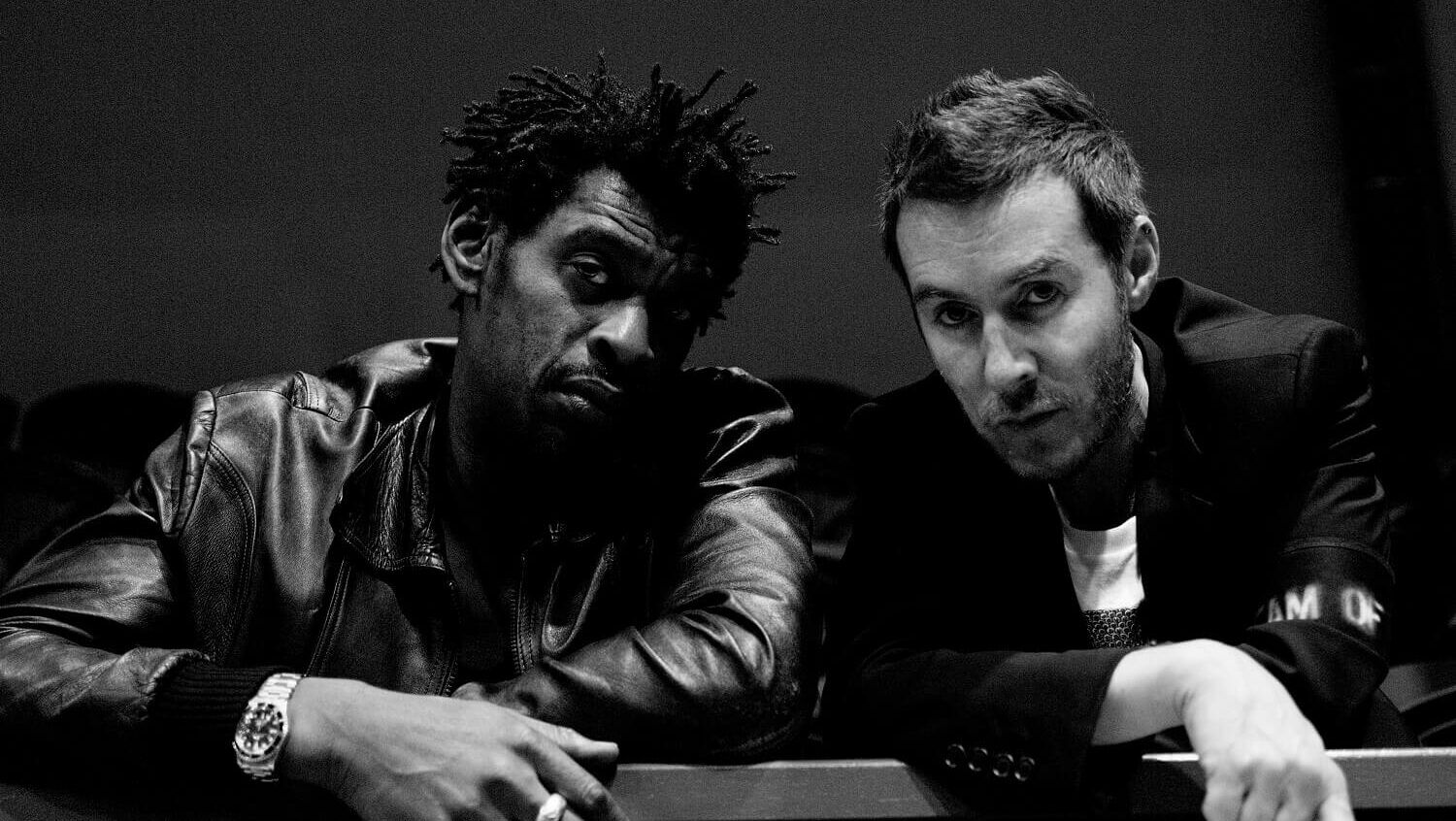How Massive Attack tackle their carbon footprint

Robert Del Naja, of Massive Attack, is committed to helping address the climate crisis. That’s why the British Trip-Hop giant has embarked on a journey “to avoid more pledges, promises and greenwashing headlines and instead embrace seismic change”. Del Naja is not naïve about the scale of the challenge. However, the band, despite its fame and popularity, sees business as usual as unacceptable and is ready to embrace “significant change”.
The first step is to understand the drivers of emissions and then look at how these emissions can be reduced. That’s why Massive Attack sought help from Professor Carly McLachlan of Manchester University’s Tyndall Centre for Climate Change Research. One of her research priorities is to understand how concerts and touring can be more environmentally sustainable. “The current crisis means musicians and tour organizers can disassemble past practices and reassemble the mechanisms of the concert scene in new and more environmentally sustainable ways”, she says.
Prof. McLachlan focuses on three “hotspots” of environmental impact and carbon intensity in the world of huge rock and pop concerts and festivals:
- Carbon emissions from the travel of a band and crew.
- Energy consumed at the concert venue.
- Carbon emissions from audience travel.
Take touring, for example. Before deciding to stop all touring, an option which Massive Attack does accept, one can look at how many people (musicians, crew, entourage) are travelling, is the tour route strategically planned, and are greener modes of transport available. Offsetting emissions is only a temporary solution until real “carbon neutrality” is achieved.
Classical music concerts are, with few exceptions, clearly different from huge stadium concerts. This is especially true regarding the scale of events, but all three of the above “hotspots” are relevant, especially as regards orchestral and individual artists’ tours. Prof. McLachlan’s work on a “roadmap to decarbonisation” for Massive Attack, expected to be available next year, will undoubtedly be helpful to all in the music sector.
Prof. McLachlan hopes that it will be possible to move beyond the current “enthusiasm for tinkering” and get to the fundamentals.
One crucial appeal from Prof. McLachlan, “don’t shift the blame to the audience”. It is true that audience travel is an important contributor to an event’s carbon footprint, but so are venue location, public transport options and ticketing that includes public transport. She cited one example of an upcoming concert by Massive Attack in the center of Liverpool for which it has been agreed that all proximate parking garages will be closed with concert tickets covering public transport. This is but one example of public policy choices that can be made by local governments, concert organizers and musicians when they actively think about how carbon footprints can be reduced.



Leave a Reply